Khabar Khair (Only Good News) – Abdul Jalil Al-Salami
The humanitarian crisis that Yemen is living due to the conflict, which is in its seventh year, has called for several mechanisms and interventions to mitigate its impact and activate the role of “social capital”.
Yemen is still living the worst humanitarian crisis in the world, as United Nations reports indicate that more than 24 million people of the overall population, need humanitarian assistance.
The increasing number of poor people who do not satisfy their nutritional needs, as the economic, humanitarian, and social situation is aggravating or deteriorating, which confirms that supporting the poor and distributive justice is an urgent need, by activating all mechanisms to protect the population.
social capital represented by associations, civil and religious institutions, local organizations, and relatives, and the money they donate and effort they make to support the poor and reduce inequality, play an important role in the standard of living.
Economist Najeeb Al-Adoufi told Khabar Khair (Only Good News) that Yemeni society is predominantly interdependent socially, which has alleviated the problems of the repercussions of the conflict on the poor.
He added: “We have to work on supporting social capital by raising awareness of the importance of participating in social capital, by conducting awareness raising campaigns and various activities, as well as focusing on motivating the community to contribute to the effort.”
Yemeni businesswoman Yasmine Mahyoub has a great experience in volunteer work, as she lived a long story with volunteer work. She told ” Khabar Khair (Only Good News) “: “The volunteer work experience was wonderful, you find a kind of happiness that you cannot find in any other work, you live with people’s feelings and you feel goodness, Volunteer work feels different.
She added: “People accept charitable volunteer work, and I saw during volunteer work that young people have energy and enthusiasm for volunteer work, and anyone you invite to volunteer work does not hesitate.”
She explained, “We were helping people to turn from dependents on others to producers, stressing that businessmen and philanthropists donate money for the love of goodness. When we suggested to them the idea of supporting people’s needs, they were not late, but rather proactive.”
Donating money and effort alleviated the suffering of Yemenis that resulted from the aftermath of the conflict, and social capital enabled non-poor households to avoid poverty and helped poor households alleviate poverty.
The rate of utilization of social capital in improving living conditions is measured by Percentage of households receiving financial or in-kind assistance from non-governmental sources, such as private associations, religious institutions, organizations, and relatives.
Social capital supports the poor on a larger scale than the government transfers system, and the most important entities that form social capital are mainly non-regulated entities, but a limited percentage of their transfers are unregulated, and contributes significantly to the regularity of remittance flows.
The World Bank and other international institutions have included social capital as a fourth group of capital, in addition to physical, natural, and human capital, and find that it contributes directly and indirectly to growth, investment, and distributive justice.
Social capital is of great importance on the standard of living, during the last two decades international economic organizations have shown growing interest in the role of social capital.

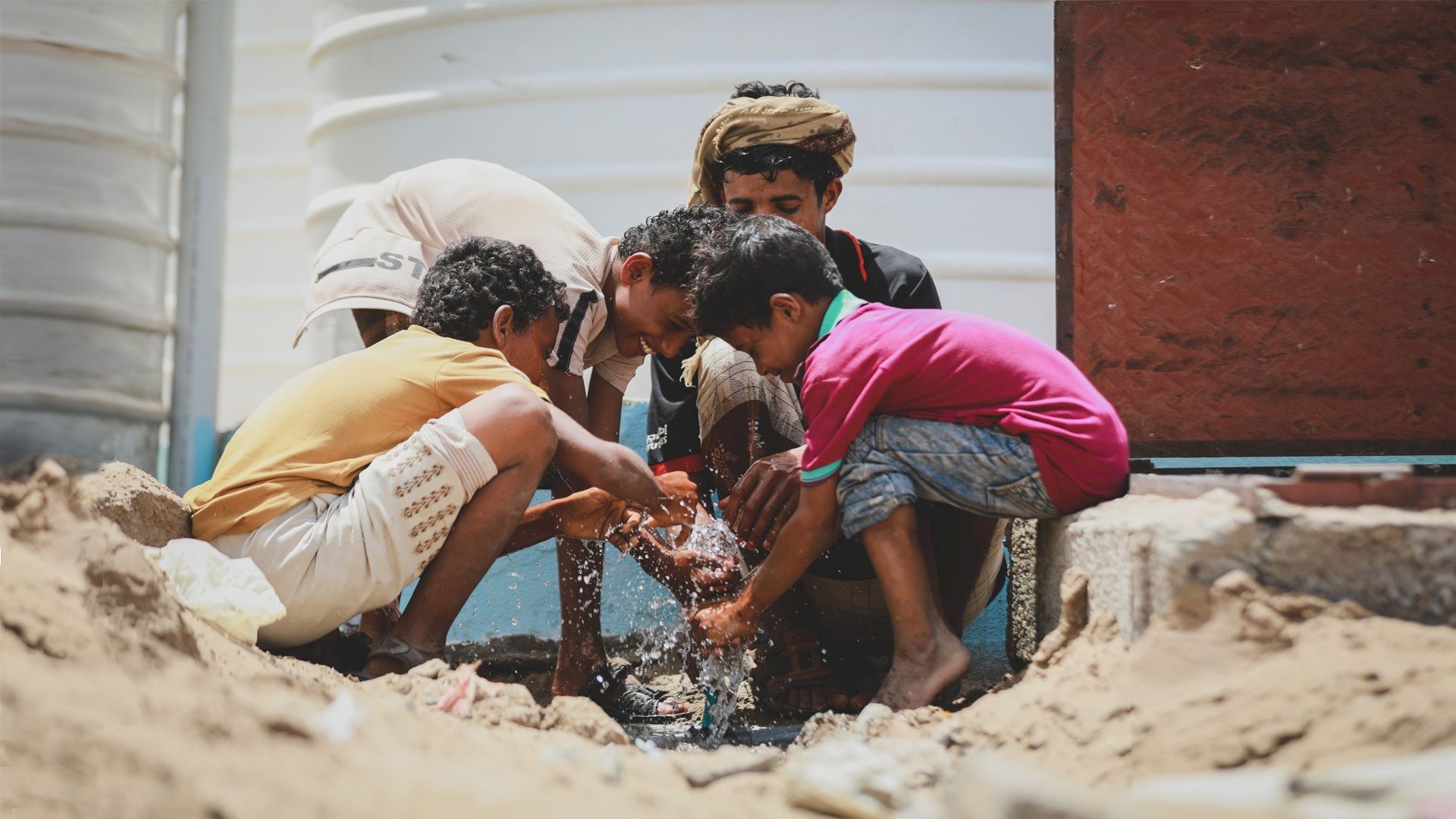

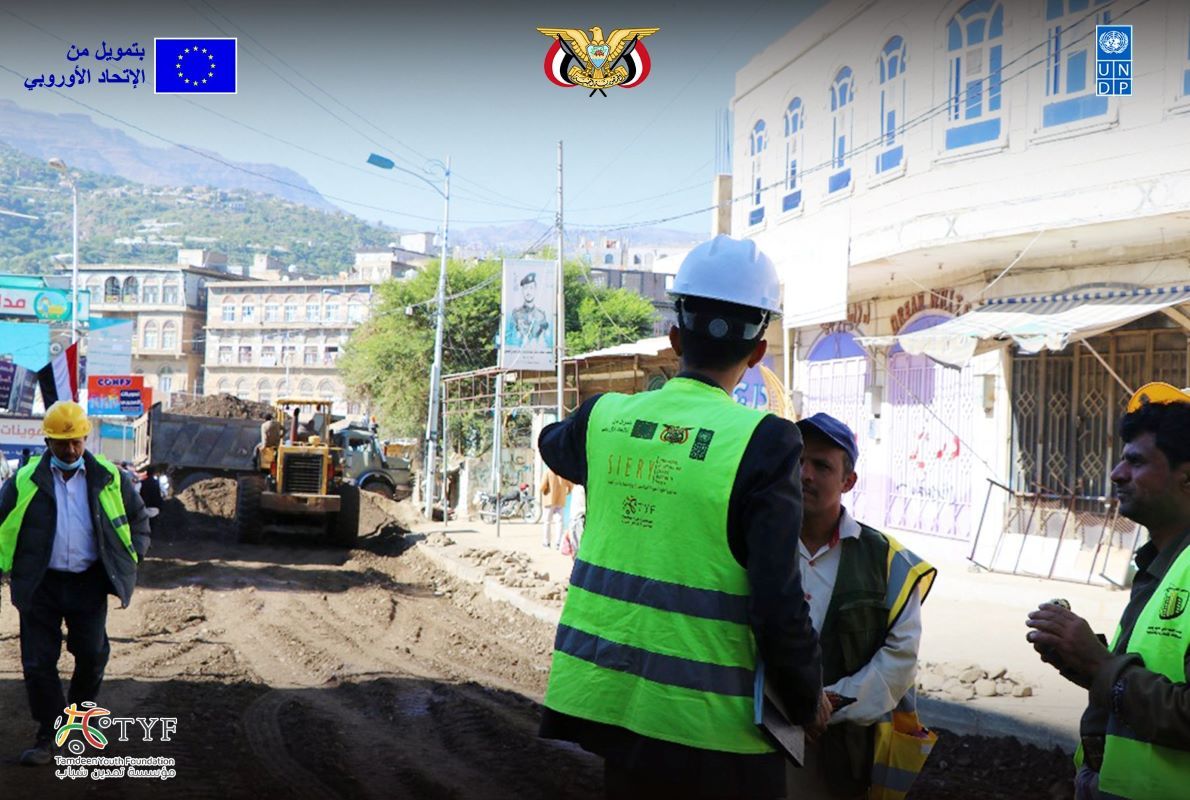
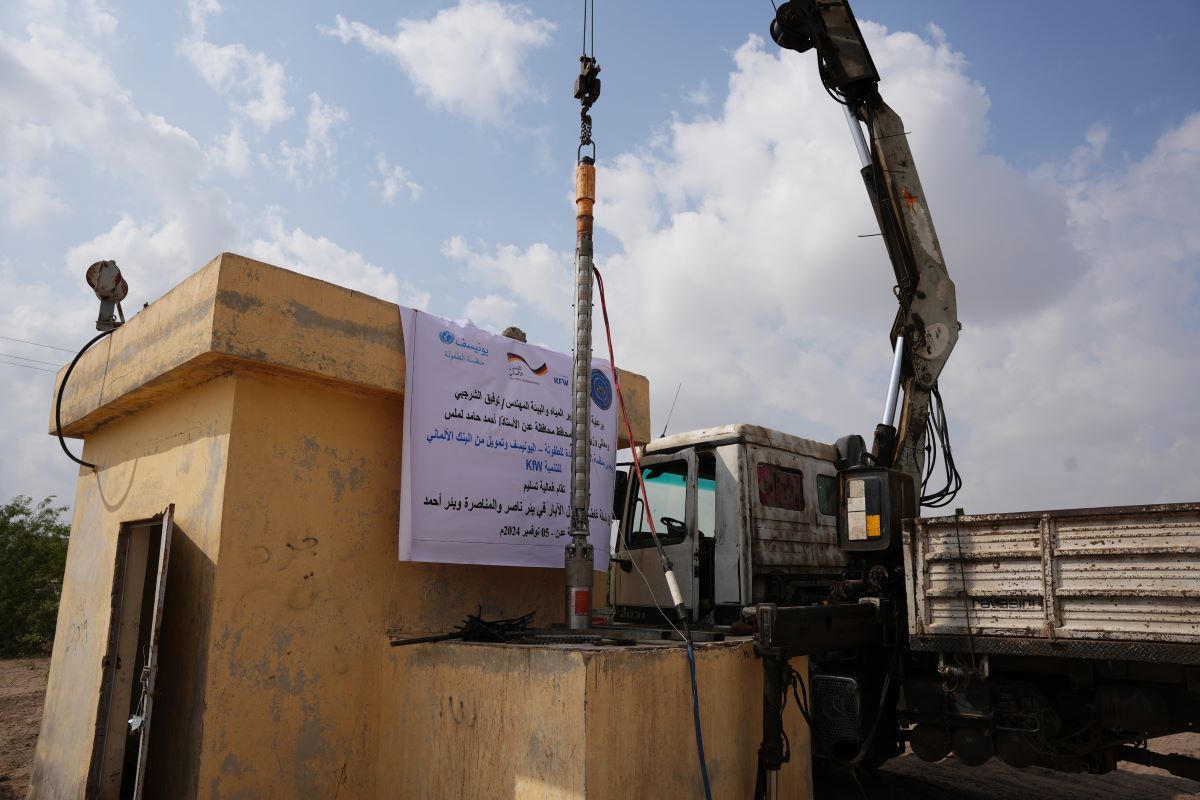

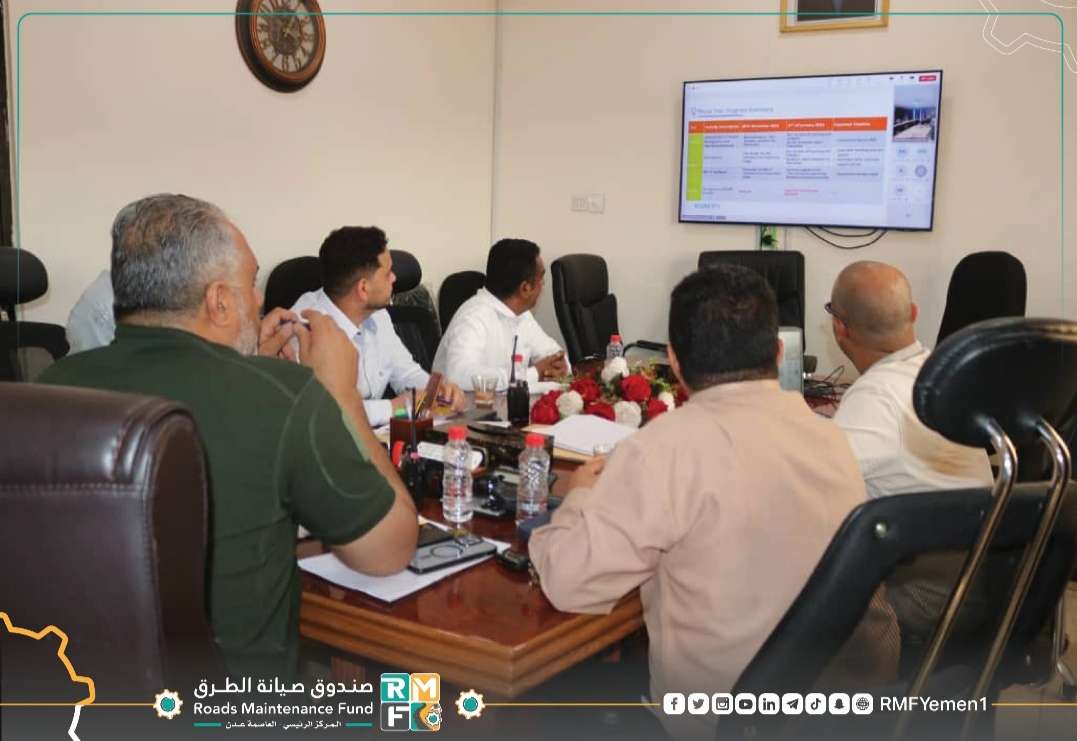


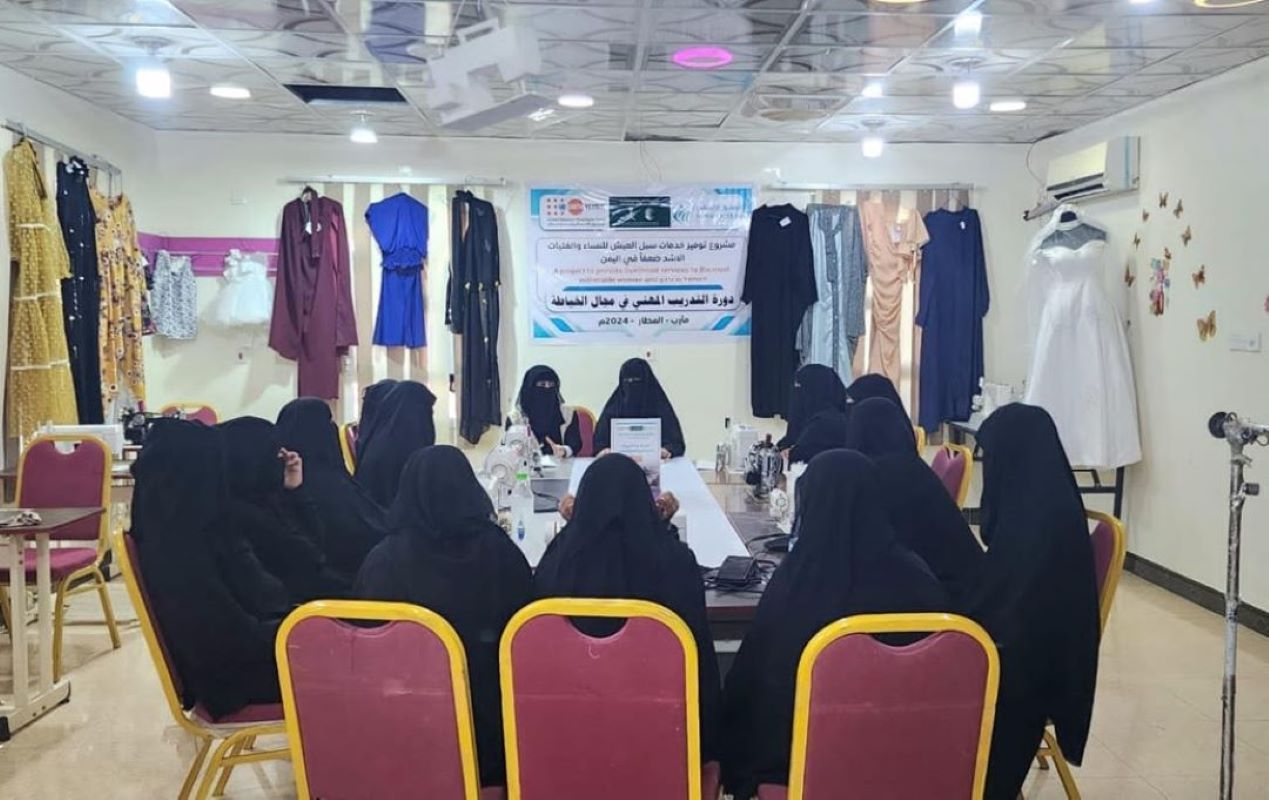
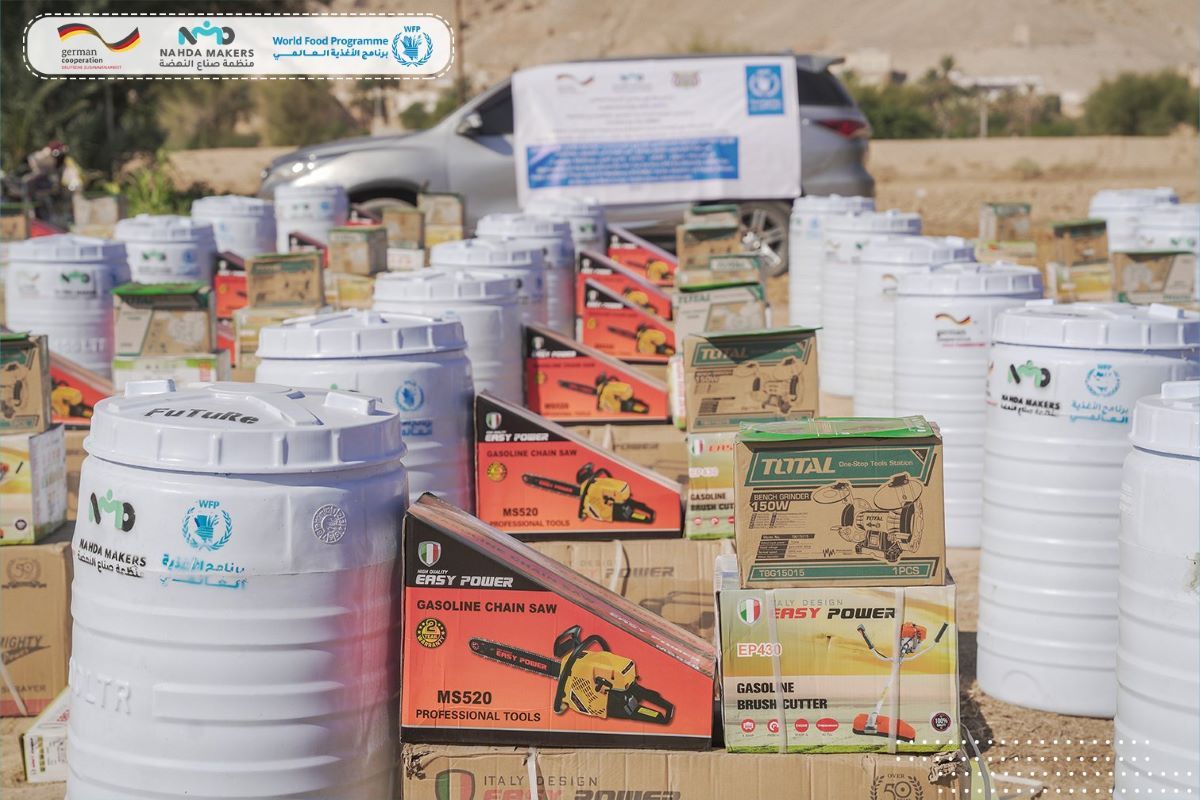
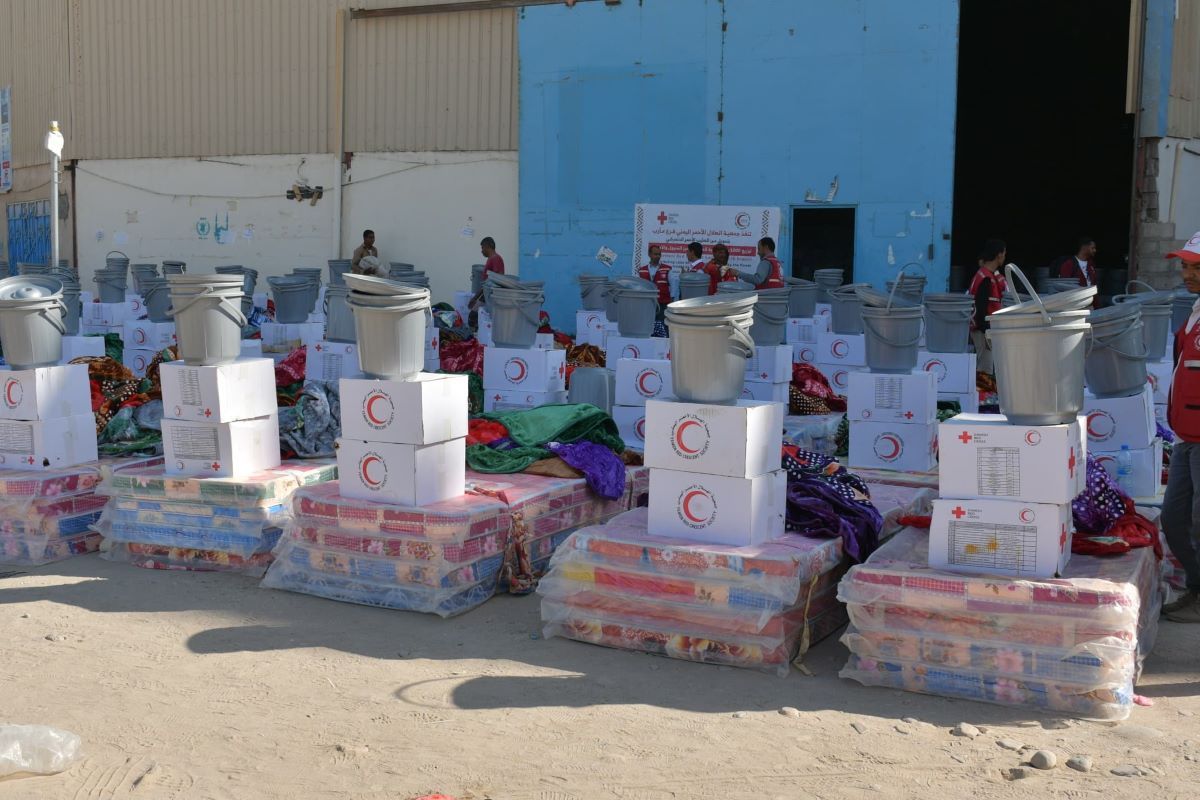

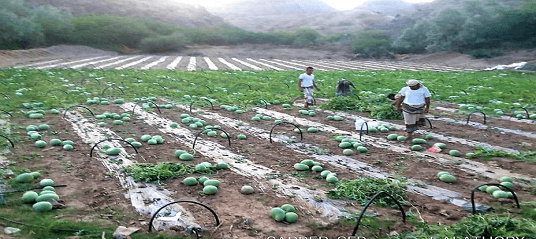
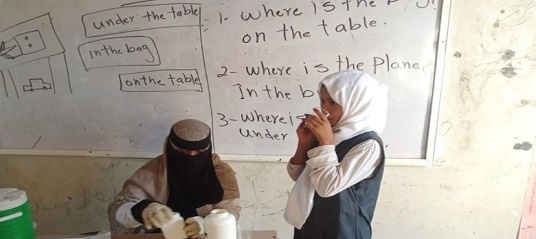
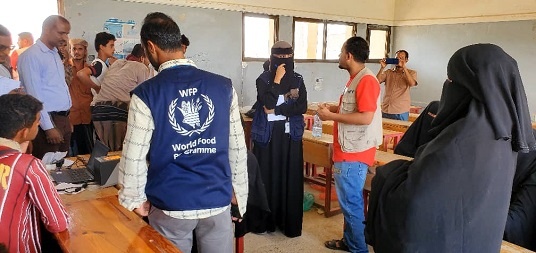
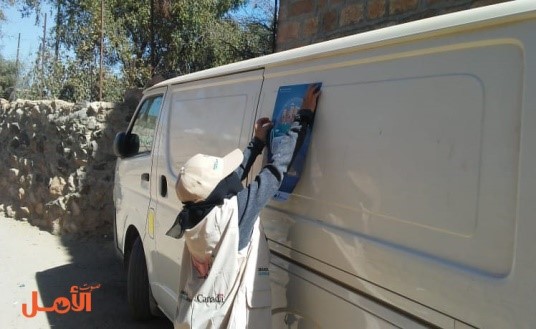
LEAVE A COMMENT